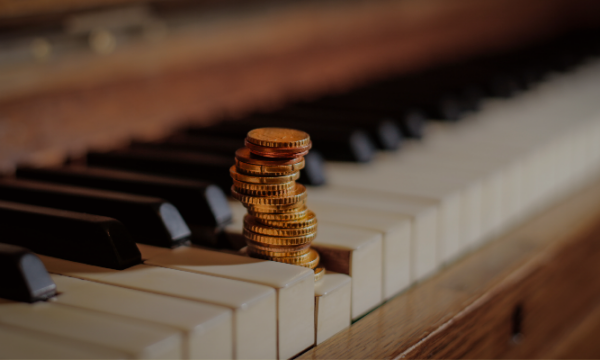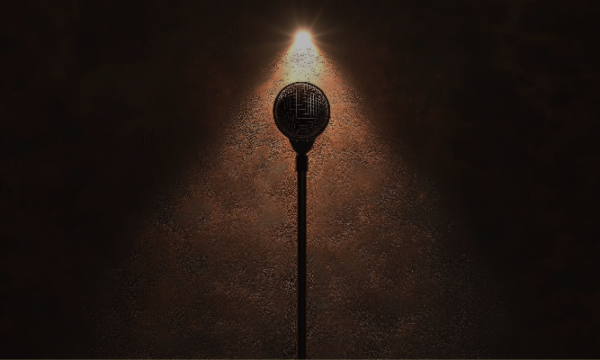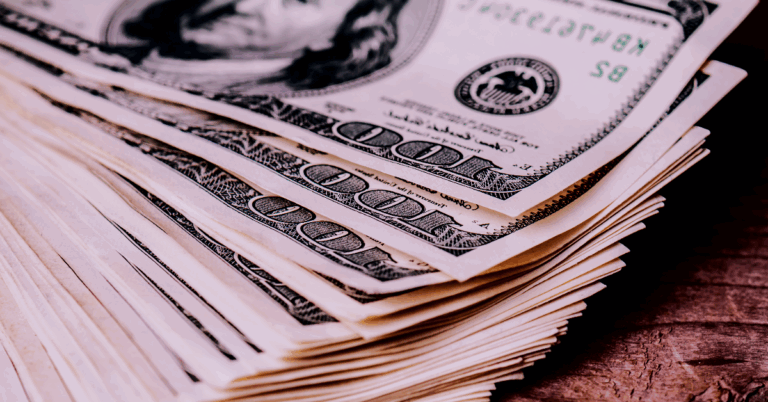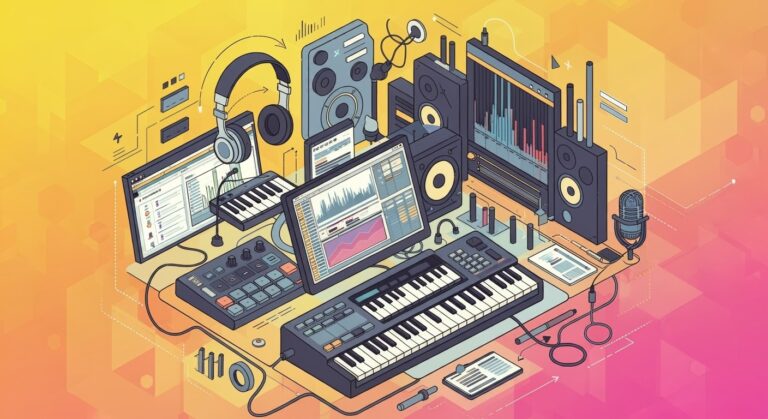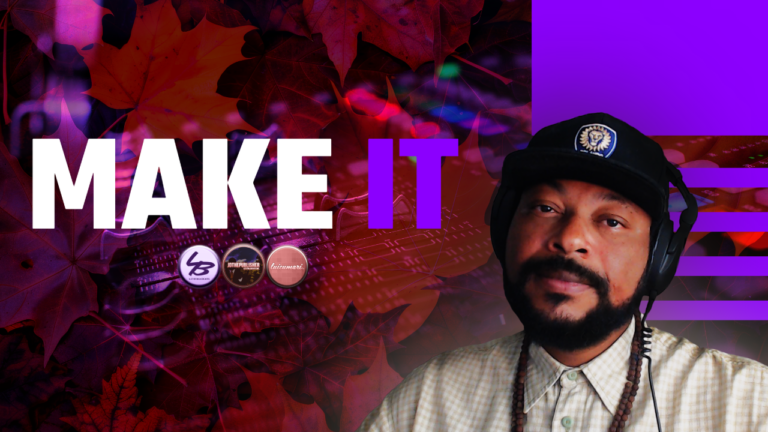What are Music Royalty Types to Know?
As a rapper, one of the most critical aspects of your career is understanding the various streams of income generated from different music royalty types. Royalties form the foundation of these earnings, and they stem from how your music is used, performed, and distributed across different platforms.
This blog post will provide you with a detailed overview of 13 types of royalties that you, as a rapper, can earn from your music recordings. Understanding these royalties is vital for ensuring that you receive fair compensation for your creative work.
Key Royalties in Music
Mechanical Royalties
Mechanical royalties are earned from the reproduction and distribution of your music, whether it’s sold physically (e.g., CDs, vinyl) or digitally (e.g., downloads, streams). These royalties are paid to both the songwriter and the publisher. Every time your song is downloaded, streamed on platforms like Spotify or Apple Music, or sold in physical formats, you are entitled to a mechanical royalty.
Performance Royalties
Performance royalties are generated when your music is publicly performed or broadcasted. This includes radio plays, live performances (whether by you or a cover artist), and streaming on online platforms. These royalties are collected by Performing Rights Organizations (PROs) such as ASCAP, BMI, or SESAC in the United States, and are distributed to both songwriters and publishers.
Sync Royalties
Sync (short for synchronization) royalties are earned when your music is used in visual media, such as films, television shows, commercials, video games, or YouTube videos. When your song is “synced” to visual content, you are entitled to a fee. Sync royalties are often split between the songwriter, the publisher, and sometimes the artist who recorded the track.
Royalties in Distribution and Streaming
Print Music Royalties
Print music royalties come into play when your music is transcribed into sheet music or lyric books and sold. These royalties are paid to the songwriter and publisher, and this stream of income is particularly relevant for composers and lyricists whose work is frequently performed or taught in educational settings.
Digital Performance Royalties
These royalties are earned when your music is streamed on digital platforms like Pandora or SiriusXM, which are categorized as non-interactive services. These royalties are distinct from mechanical royalties and are collected by organizations such as SoundExchange, which distributes payments to songwriters, publishers, and performers.
Interactive Streaming Royalties
Interactive streaming royalties are earned from platforms like Spotify Premium, Apple Music, or Tidal, where listeners can select specific tracks to play on demand. These royalties are divided among the artist, songwriter, and publisher, and are a crucial revenue stream in today’s music industry dominated by streaming.
Non-Interactive Streaming Royalties
On services like Pandora Radio, where users do not choose the specific songs but are instead provided with personalized radio stations, non-interactive streaming royalties are generated. These royalties flow to songwriters and publishers, and are often collected and distributed by PROs in collaboration with organizations like SoundExchange.
Ringtone Royalties
Ringtone royalties are generated when your music is used as a ringtone or ringback tone on mobile devices. Every time a user purchases or downloads a ringtone featuring your song, you earn a royalty, with payments going to both the songwriter and the publisher.
Music Video Royalties
When your music is featured in a music video on platforms like YouTube, royalties are generated from both views and ads displayed alongside the video. These earnings are shared among the songwriter, publisher, and in some cases, the artist. YouTube’s Content ID system can help track and monetize your music in user-generated content as well, though it’s important to note that this requires proper setup and registration with YouTube.
Specialized Royalties Unveiled
Foreign Royalties
Foreign royalties are earned when your music is played or performed outside your home country. Foreign PROs collect these royalties and distribute them back to your home country’s PRO, ensuring that you are compensated for your international presence. If your music has a global reach, it’s essential to ensure that your work is properly registered with foreign rights organizations.
Grand Rights Royalties
Grand rights royalties are unique and apply when your music is used in stage performances like operas, ballets, or musicals. Unlike standard performance royalties, grand rights are negotiated on a case-by-case basis and can involve significant payouts for songwriters whose compositions are central to large productions.
Public Domain Royalties
When music enters the public domain, the original copyrights have expired, and anyone can use or perform the work without paying royalties. However, you can still earn royalties from new adaptations or arrangements of a public domain work. Songwriters who create new versions of public domain songs can earn income from the sales or licensing of their new adaptations.
Neighboring Rights Royalties
Neighboring rights royalties are earned from the public performance or broadcasting of sound recordings (as opposed to the composition itself). These royalties are collected and distributed by organizations that represent the performers (including session musicians) and record labels, rather than the songwriters. If you are also the recording artist or have rights to the master recording, these royalties will be a critical income stream for you.
Final Thoughts
Understanding these 13 types of royalties can empower you as an artist to maximize your earnings and better protect your intellectual property. By grasping how royalties work, you can ensure that you’re fairly compensated whenever your music is used, performed, or distributed.
To navigate this complex landscape, it’s important to consult with legal professionals specializing in entertainment law. They can help safeguard your rights and guide you through contractual negotiations with publishers, record labels, and digital platforms.
By staying informed, you’ll be better equipped to handle the changing world of music royalties and ensure a steady flow of income from your creative work.
Curious about how much you can earn from streaming? Use our free Royalty Streaming Calculator to get an instant estimate of your potential earnings.
Test our free royalty streaming calculator here
Justin David
Creative man • Philosopher • Artist • Producer

